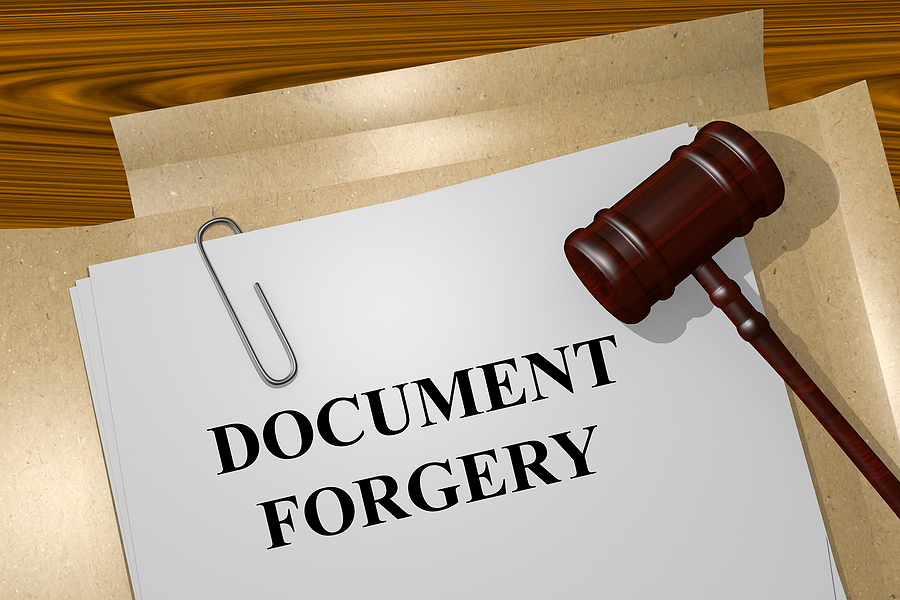Being accused of employee theft can turn your world upside down in an instant. One moment you’re going about your workday, and the next, you’re facing serious criminal charges that could impact your career, reputation, and freedom. If you’re an employee in Indianapolis facing theft allegations, understanding your legal situation is crucial for protecting your rights and future.
Employee theft charges carry significant consequences under Indiana law, including potential jail time, hefty fines, and a permanent criminal record. However, being accused doesn’t mean you’re automatically guilty. With proper legal representation and a solid understanding of your rights, you can build an effective defense strategy.
This guide will walk you through everything you need to know about employee theft charges in Indianapolis, from understanding what constitutes theft to building a strong defense with an experienced criminal defense attorney.

Understanding Employee Theft Under Indiana Law
Employee theft encompasses various illegal activities that involve taking or misusing an employer’s property, money, or resources. Under Indiana’s criminal code, these actions typically fall under several categories of theft crimes, including larceny, embezzlement, and fraud charges.
Common forms of employee theft include:
- Cash theft: Stealing money directly from registers, safes, or deposits
- Inventory theft: Taking merchandise, supplies, or equipment
- Time card fraud: Falsifying hours worked or clocking in for others
- Embezzlement: Misappropriating funds entrusted to your care
- Credit card fraud: Unauthorized use of company credit cards
- Data theft: Stealing confidential information or trade secrets
The National Association for Shoplifting Prevention reports that employee theft costs U.S. businesses approximately $50 billion annually, making it a priority for law enforcement and prosecutors. This means authorities often pursue these cases aggressively, even for relatively small amounts.
Legal Ramifications in Indianapolis
Indiana classifies theft offenses based on the value of stolen property and other aggravating factors. Understanding these distinctions is essential because penalties vary significantly depending on the classification.
- Class A Misdemeanor Theft applies when the value is less than $750. Penalties include up to one year in jail and fines up to $5,000.
- Level 6 Felony Theft occurs when the value ranges from $750 to $50,000, or involves theft from a person’s body. This carries 6 months to 2.5 years in prison and fines up to $10,000.
- Level 5 Felony Theft applies when the value exceeds $50,000 or involves certain aggravating circumstances. Penalties include 1 to 6 years in prison and fines up to $10,000.
- Grand larceny charges may apply for high-value thefts, carrying even more severe penalties.
Additionally, Indiana’s legal system emphasizes restitution, ensuring victims receive compensation for their losses. Courts often consider voluntary restitution favorably during sentencing, potentially reducing penalties or influencing plea negotiations.
Common Scenarios Leading to Arrest
Employee theft arrests often result from specific situations that employers and law enforcement consider particularly serious violations of trust.
Inventory discrepancies frequently trigger investigations. When regular audits reveal missing merchandise or supplies, employers may review security footage, conduct interviews, and involve police if they suspect specific employees.
Timecard fraud has become increasingly common with digital time-keeping systems. Employees who clock in early, stay late without authorization, or manipulate their hours face potential larceny charges, especially when the fraudulent time adds up to significant monetary amounts.
Cash handling violations represent another frequent source of arrests. This includes shortages in registers, unauthorized voids or refunds, and failing to record sales properly. Even small amounts can accumulate into felony-level charges over time.
Corporate credit card misuse often leads to white collar crime charges. Personal purchases, unauthorized business expenses, or using company cards for family members can result in embezzlement penalties that extend far beyond simple reimbursement.
What to Do If Arrested for Employee Theft
The moments following an arrest are critical for protecting your legal rights and building an effective defense. Your actions during this time can significantly impact your case’s outcome.
Exercise your right to remain silent. While you may feel compelled to explain your side of the story, anything you say can be used against you in court. Politely decline to answer questions without an attorney present, even if the questioning seems friendly or informal.
Request a criminal defense attorney immediately. Don’t attempt to handle these charges alone, regardless of how minor they may seem. An experienced theft lawyer understands the nuances of Indiana law and can protect your rights from the very beginning.
Understand the booking process. After arrest, you’ll be processed at the jail, which includes fingerprinting, photographing, and completing paperwork. This process can take several hours, but remaining calm and cooperative will serve you better than becoming confrontational.
Prepare for your initial court appearance. Your arraignment typically occurs within 48-72 hours of arrest. During this hearing, the judge will inform you of the charges, set bail, and schedule future court dates. Having legal representation at this stage is invaluable.
Request a Free Case Review Today! ⚖
Building a Strong Defense Against Employee Theft Charges
Successfully defending against employee theft allegations requires a strategic approach tailored to your specific circumstances. Several defense strategies may apply to your case, depending on the evidence and circumstances surrounding the charges.
Lack of intent represents one of the most common defenses in theft cases. Indiana law requires prosecutors to prove you intended to permanently deprive your employer of their property. If your actions were unintentional mistakes, administrative errors, or misunderstandings, this could form the basis of your defense.
Mistaken identity becomes relevant when multiple employees had access to the allegedly stolen items or when security footage is unclear. Your attorney may argue that someone else committed the theft and you were wrongfully accused.
Insufficient evidence challenges the prosecution’s ability to prove guilt beyond a reasonable doubt. This defense examines whether the evidence truly supports the charges or if reasonable explanations exist for the discrepancies your employer discovered.
Coercion or duress may apply if you were forced to commit theft under threat of harm to yourself or others. While less common, this defense can be effective when properly documented and presented.
Entrapment occurs when law enforcement induces someone to commit a crime they wouldn’t have otherwise committed. This defense requires careful analysis of how the investigation unfolded.
Voluntary restitution isn’t technically a defense, but it demonstrates good faith and may influence prosecutors’ willingness to negotiate reduced charges or alternative sentencing options.
The Importance of Experienced Legal Representation
Employee theft cases involve complex legal and procedural issues that require specialized knowledge of criminal defense law. An experienced criminal defense lawyer can evaluate the evidence against you, identify weaknesses in the prosecution’s case, and develop strategies tailored to your situation.
Your attorney will examine how evidence was gathered, whether your rights were violated during the investigation, and if alternative explanations exist for the alleged theft. They’ll also negotiate with prosecutors on your behalf, potentially securing reduced charges, alternative sentencing, or even dismissal in cases with insufficient evidence.
Remember that prosecutors must prove every element of theft beyond a reasonable doubt. An skilled theft lawyer understands exactly what the prosecution must prove and how to challenge their evidence effectively.
In Summary
Facing employee theft charges doesn’t have to define your future, but the decisions you make now will significantly impact the outcome of your case. Understanding your rights, working with qualified legal counsel, and approaching your defense strategically gives you the best chance of achieving a favorable resolution.
The consequences of employee theft convictions extend far beyond immediate penalties. A criminal record can affect your ability to find employment, obtain professional licenses, secure housing, and even impact personal relationships. However, with proper legal representation, many individuals successfully defend against these charges or negotiate outcomes that minimize long-term consequences.
If you’re facing fraud or employee theft charges in Indianapolis, don’t wait to seek legal assistance. Contact experienced criminal defense attorney, David E. Lewis, to discuss your theft case and begin building your defense. The sooner you act, the better positioned you’ll be to protect your rights and your future.
Call Now to Book a Free Consultation
Related Post: Were You Charged With Misdemeanor or Felony Theft in Indiana?









